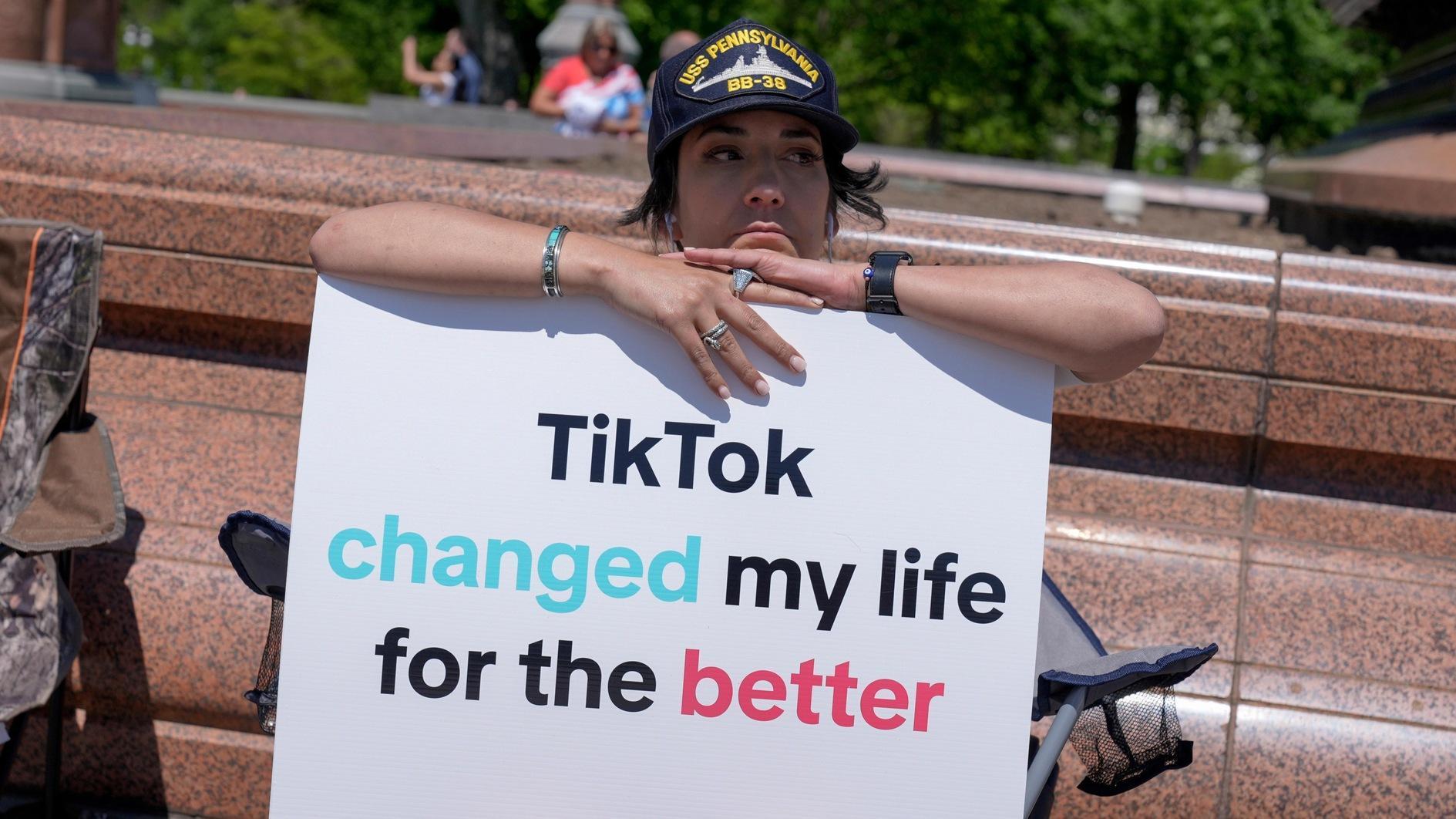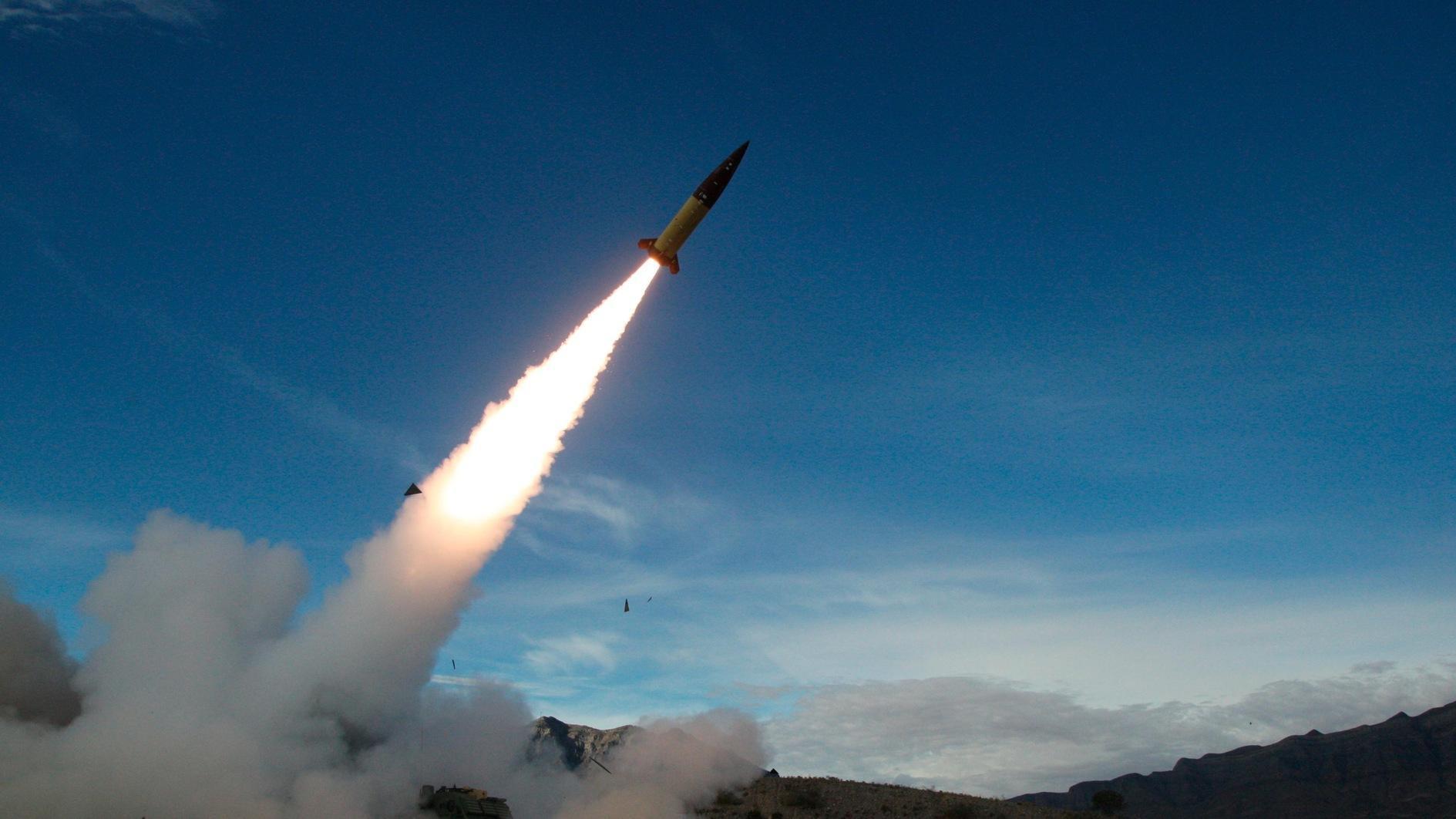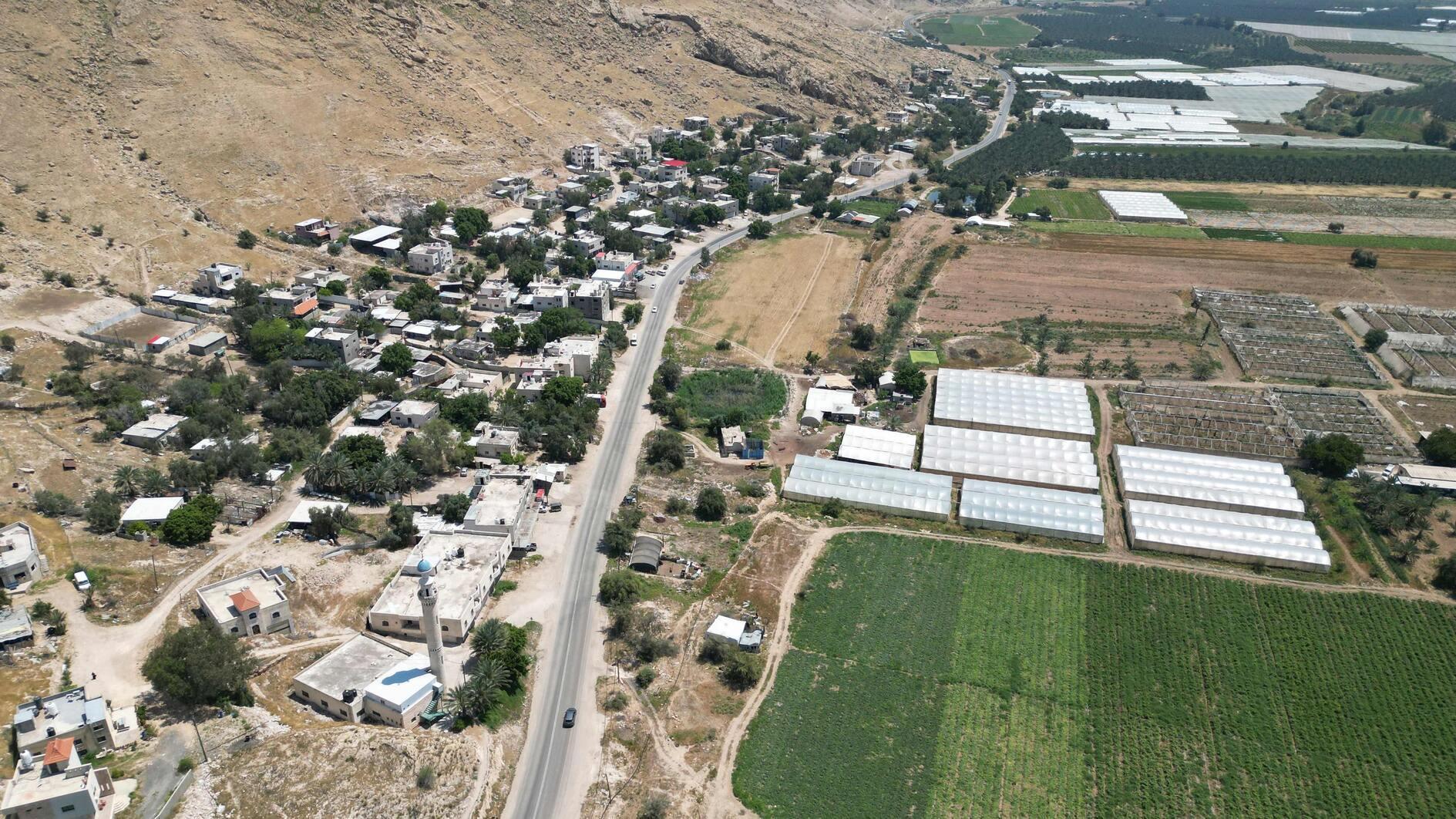The country that doesn’t learn any lessons: Turkey
Turkey has never brought any of its mining disasters to account. The highest jail term ever sentenced after a mining disaster has been 8 years. Fines have been embarrassingly low. No mine has ever been closed after such a disaster. No local authorities or auditors have ever been held accountable and hence received any penalty.
So what does the Turkish legal system lack? Why are we terrible at rendering accounts? Here is what I have learned from various mine workers’ unions and Dr. Fahri Erenel whose expertise is on occupational health and security.
So far, mining disasters have been legally categorized as “work accidents” in Turkey, which are equivalent to traffic accidents in terms of legal judgment. However, the ones who have not taken the required measures should be judged on “reckless homicide,” which is specified in the 85th and 87th articles of the Turkish Criminal Code. Then the highest jail term they would be sentenced to would only be 22.5 years. Yet, in developed countries the penalty would be life imprisonment.
The precautions specified in the law are also problematic. Mining is legally categorized as a “very dangerous occupation.” The precautions, in return, fail to correspond to them. This is why Turkey has to sign the agreement of the International Labor Organization (ILO) on mine safety.
The measures specified in the regulations are also too ambiguous. For example, there are many open-ended phrases such as “required precautions” and “inescapable danger” which are not paraphrased in concrete terms. This is why the owner of Soma Mining Company feels justified alleging that they are not obliged to build a rescue chamber in their mine.
Another problem is local officials are not held responsible for mining disasters. For example, China has been able to greatly reduce its mining deaths by holding the local and regional leaders of the Communist Party directly accountable for the accidents. In our case, governorates and municipalities should be held responsible for the mines in their region.
Expert’s reports are another problem. Different experts come up with different conclusions for the very same incident. This enables the suspects to object to the sentence of the court, which in turn, makes cases drag on for years. That prosecutors, judges and experts are not specialized on the issue in question presents another complication.
The term “inevitability” is often mentioned in expert’s reports, which implies the disasters are just twists of fate. Dr. Kemal Özkan, who is Assistant General Secretary of IndustriALL, a global workers’ union, points to this problem: “This phrase could only be used when all of the required measures have been fulfilled. Otherwise it only serves justifying the violations. Technically, all accidents are preventable.”
The state’s reaction is another impediment, especially when a disaster occurs at a mining company belonging to the state; then the state’s self-defense mechanism immediately steps in and prevents Turkey from render account.
The world has severely punished those who are responsible for such disasters. And it is those harsh punishments that have transformed workers’ rights in developed countries in the 20th century and in developing countries in the early 21st century. In 2014, Turkey has no other option than going through this existential transformation.











